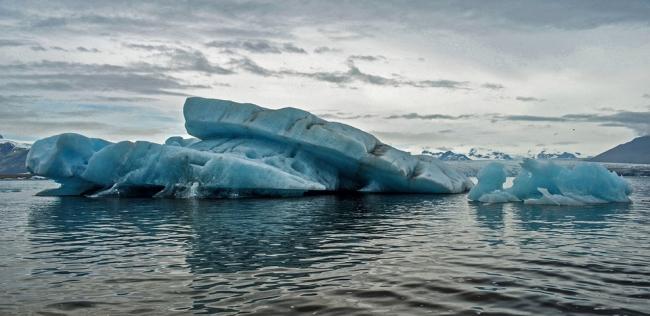
Warming rivers make marked contribution to global greenhouse gas levels: Study
Birmingham, July 19 (IBNS): Warming streams and rivers could be disproportionately contributing to the amount of planet-warming greenhouse gases, according to a new study.
Many such watercourses with high levels of fine sediment and organic materials building up in their streambeds could be increasing greenhouse gas emissions from rivers, as well as increasing the risk of communicable disease and putting wildlife at risk.
Rising river temperatures are anticipated globally because of climate change and this will be made worse by increasing abstraction of cool groundwater that helps to reduce high temperatures in summer.
Researchers from the University of Birmingham and the British Geological Survey have discovered that warming rivers can cause marked increases in carbon dioxide and methane production.
Publishing findings in Nature Communications, their comparison of potential greenhouse gas emissions from UK streambed sediments shows that sensitivity to temperature varies with geology, organic matter and sediment size.
It is expected that temperature increases will be particularly important in agricultural lowland rivers and streams representing large areas of Europe, North America and Asia.
University of Birmingham co-lead researcher Sophie Comer-Warner said: “Our findings highlight the substantial risk of future greenhouse gas emissions from warming rivers, especially those which are small but have high organic matter concentrations."
“Under future climate-warming scenarios and changes in land use leading to more organic matter ending up in warmer rivers, the emission of greenhouse gases from such watercourses could increase disproportionately relative to their size in the landscape.”
Small rivers are known to have the highest rates of greenhouse gas emissions, with relatively large concentrations of carbon dioxide and methane found in their sediments.
There has been little previous research into the origin and changing composition of these sediments and how this impacts greenhouse gas production.
University of Birmingham co-lead author Paul Romeijn commented: “Our comparison of potential greenhouse gas emissions from UK streambed sediments revealed levels of carbon dioxide and methane that were especially raised in chalk rivers, such as the River Lambourn in the North Wessex Downs, and in sediments rich in small particles and organic matter."
“If we are serious about reducing future emissions from rivers under climate warming, land management attention needs to focus on reducing sediment rich in organic matter content, and decreasing groundwater abstraction.”
Support Our Journalism
We cannot do without you.. your contribution supports unbiased journalism
IBNS is not driven by any ism- not wokeism, not racism, not skewed secularism, not hyper right-wing or left liberal ideals, nor by any hardline religious beliefs or hyper nationalism. We want to serve you good old objective news, as they are. We do not judge or preach. We let people decide for themselves. We only try to present factual and well-sourced news.







